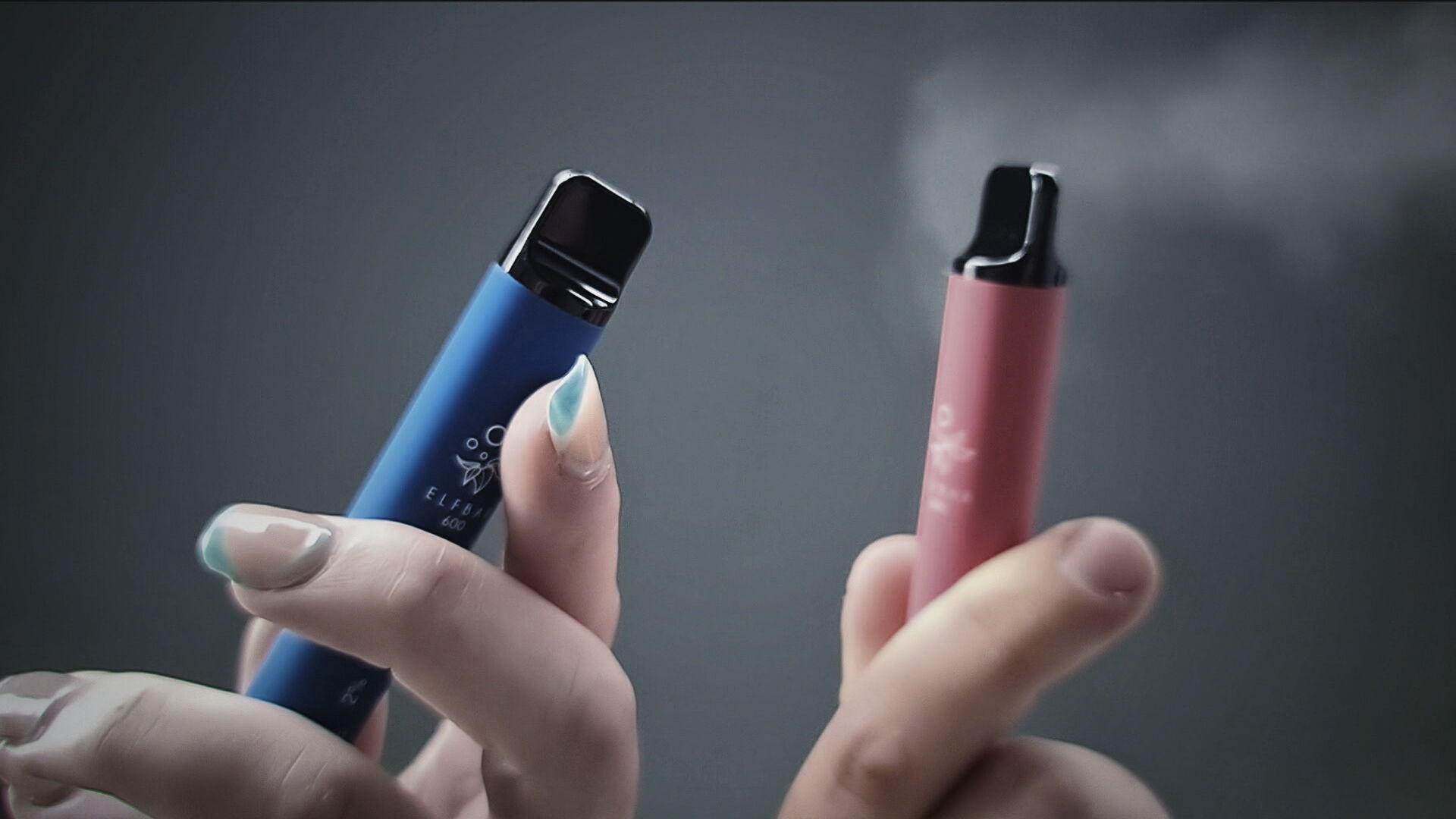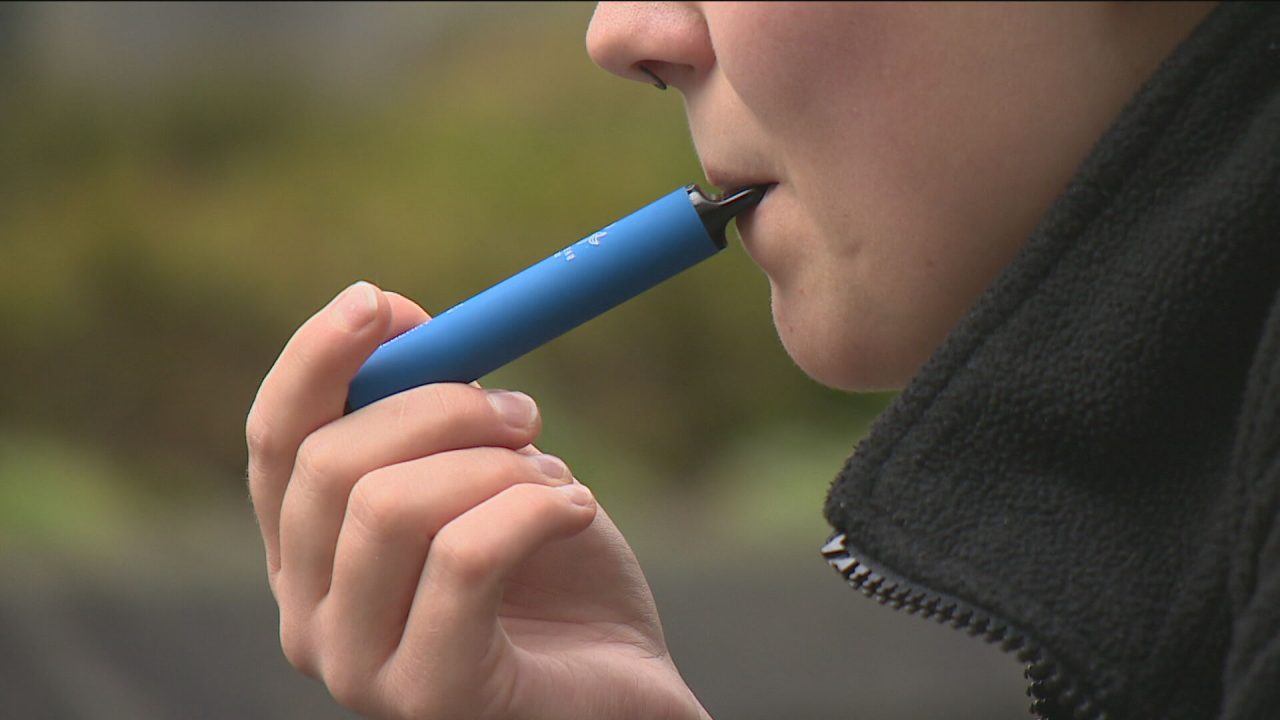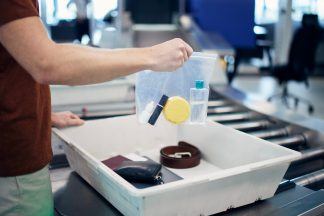Scotland should restrict access to vapes by making them prescription-only, a charity has urged.
ASH Scotland is calling on the Scottish Government to consider following Australia’s crackdown on e-cigarettes to curb Scotland’s ‘adolescent vaping epidemic.’
Last month Australia introduced public policies which bans the sale of vapes except on prescription for people looking to quit tobacco smoking after speaking with qualified health professionals.
Under new rules, the e-cigarettes will be sold in pharmacies and have pharmaceutical-style packaging.
Since October 2021, Australians have needed a prescription to legally buy nicotine-containing vaping products from overseas websites, where they can be offered for an advised period of three to six months to individuals who have not successfully quit using other methods.
It’s part of measures designed to tackle its growing vaping problem. Before the pandemic in 2019, 26% of young adults aged between 18 and 24 years had tried vaping. This has almost doubled to 48% in 2023.
The call comes as the charity hosts key stakeholder engagement activities in Edinburgh involving Professor Emily Banks, a public health specialist at the Australian National University, and Emeritus Professor Mike Daube, a Faculty of Health Sciences expert at Curtin University in Western Australia, as part of its 50th anniversary activities.
According to a global systematic evidence review published by Professor Banks, the majority of people who quit smoking – between two-thirds and three-quarters – do so unaided.
For those who need extra support, evidence-based therapies like nicotine replacement patches, gums or lozenges that have gained medicines regulation approval are available.
Professor Banks said: “It is up to each country, including Scotland, to shape their own tobacco control strategies, going forward, based on available evidence. Our review shows that e-cigarettes are harmful overall to non-smokers, especially young people.
“E-cigarettes are not an approved smoking cessation aid but, for some people, can be useful in attempts to give up tobacco – as long as they don’t use both e-cigarettes and cigarettes, which is the most common pattern.
“Evidence supports Australia’s prescription-only model for e-cigarettes, which aims to implement tighter controls to avoid vaping by non-smokers and young people, while offering targeted and supported use for people seeking to quit tobacco. New reforms are also aiming to reduce the appeal of vapes to children and adolescents, including through pharmaceutical-like packaging and restrictions on flavourings.”
Leading children’s doctors have asked the First Minister to take urgent action to stop what they consider is fast becoming a “vaping epidemic” among young people in Scotland.
In an open letter to Humza Yousaf earlier this month, respiratory paediatricians Dr Kenneth Macleod, Professor Steve Turner, Dr Ross Langley and Dr Jonathan Coutts highlighted their alarm at the widespread visibility and promotion of e-cigarettes.
They say this has resulted in a rapid increase in children’s uptake and regular use of the products over the last two years, a trend they argue shows no sign of abating and risks damaging the lungs of the next generation.
 STV News
STV NewsFigures show that one in ten 15-year-olds in Scotland regularly use e-cigarettes – up from 3% in 2018.
Emeritus Professor Daube has led national and international tobacco programmes with governments and health organisations for more than 50 years.
She said: “The Australian approach is based on evidence about what works, and concern that marketing and promotion of e-cigarettes and similar products is threatening our successes in reducing smoking.
“We are facing a new epidemic of vaping among young people, and a resurgent tobacco industry seeking to promote its novel products, while doing everything it can to distract attention from the harms of cigarettes, and to prevent the measures we know will reduce smoking. That isn’t new – it has been a tobacco industry strategy for decades.
“That is why we need action to curb marketing of vaping products and, along with a precautionary approach on e-cigarettes, the Australian Government has announced a major new program to reduce smoking, including new, stronger warnings – including on individual cigarettes; standardising the size of tobacco packs and products; as well as prohibiting flavours and additives.”
The Scottish Government is to publish its tobacco action plan in autumn – with ASH Scotland recommending a vaping public health policy of engaging with health professionals to stop vaping as a vital first step.
No e-cigarettes have been approved by the Medicines and Healthcare products Regulatory Agency (MHRA) for NHS prescription use in Scotland or across the UK, or for active therapeutic use anywhere internationally.
ASH Scotland advocates that all costs associated with testing and monitoring the safety and efficacy of any e-cigarettes submitted in a licensing application should be borne by the companies that produce them.
Sheila Duffy, chief executive of ASH Scotland, said: “Tobacco remains the biggest preventable killer of people in Scotland, causing 9,000 deaths and 100,000 hospitalisations each year, and free person-centred information and advice delivered by qualified health professionals on the NHS is key to ensuring adults who want to quit tobacco have the best support to do so.
“Knowledge about e-cigarette products shared by staff working for profit-centred retailers, including vape shops, does not in any way equate to the range of medical and health expertise and proven stop smoking methods that are freely available from health professionals working for NHS Scotland’s specialist Quit Your Way services.
“We welcome the perspectives shared by Professor Banks and Professor Daube and urge the Scottish Government to strongly consider following Australia’s precautionary approach to e-cigarettes by ensuring that, in the event of any vaping products being licensed by the MHRA in the future, they would only be made available on prescription to adults who have first tried methods to give up smoking that are known to be safe and effective.”
A Scottish Government spokesperson said: “E-cigarettes are one of a range of tools available to help smokers quit tobacco use. To be licensed as a medicine, nicotine vaping products need to meet the standards expected of medicinal products.
“If successful, this would potentially allow e-cigarettes to be made available for prescription. There are currently no e-cigarettes approved for prescription.
“We are very concerned by reports of young people obtaining e-cigarettes or vaping products and have asked ASH Scotland to undertake work with young people to help them understand the risks associated with using nicotine vaping products.
“Last year we consulted on restrictions on the advertising and promotion of vaping products. These are aimed at reducing the visibility of vapes to children, young people and adult non-smokers.
“Any action we seek to take will build on the regulations already in place to restrict the marketing, promotion and sale of vaping products to under 18s.
“The findings from the consultation will be used to inform the refreshed Tobacco Action Plan, which is due to be published later this year.”
Follow STV News on WhatsApp
Scan the QR code on your mobile device for all the latest news from around the country

























